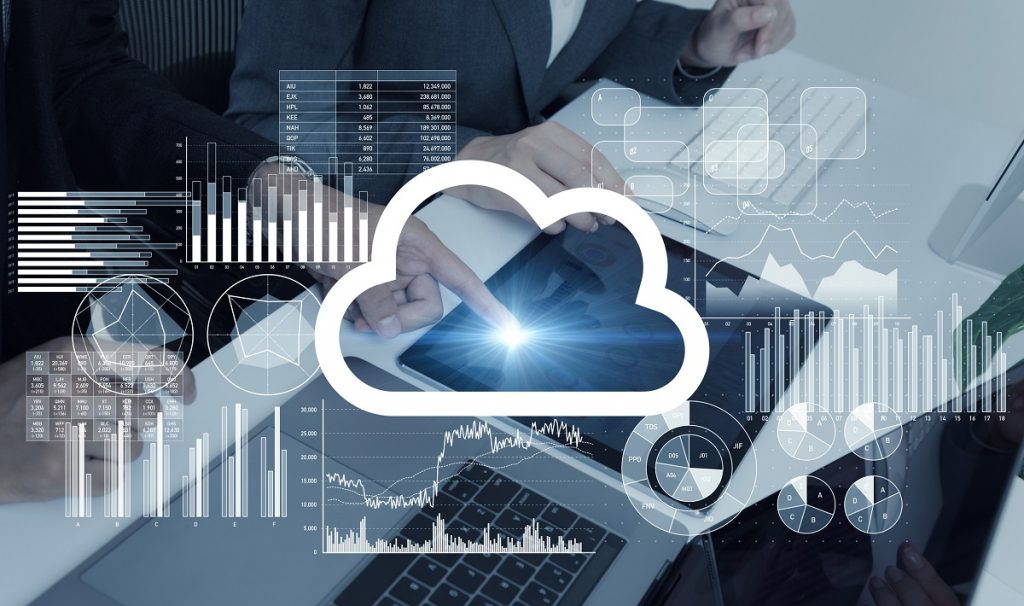Mainstream accounting solutions in the cloud are now available. This gives the opportunity for the accounting department to rethink their information system.
Overcoming legacy accounting systems
For numerous enterprises, accounting solutions have been in place for decades; people in charge of their deployment are no more in charge of solutions. Legacy systems can’t always keep up with new business challenges that come with digital transformation. On the other side, current accounting solution infrastructures are no more in sync with new paradigms such as DevOps, microservices, containers, among others.
Read More: Learn how DevOps and microservices help companies innovate faster.
It is not unusual to see large enterprises running outdated releases of their accounting software, as any update is too complicated to deploy. So accounting information departments very often present a heavy resistance to digital transformation, not because people are refusing to change but rather because nobody knows how to handle the burden. This can be the case for any critical system. The problem with this one is that it is the back-office for all the critical systems. So, moving is complex.
In that context, cloud technologies represent a hope for the accounting department manager. Suddenly they can embrace new infrastructure paradigms without overloading their technical staff, suddenly they can adopt new features that are immediately available without any effort. Furthermore, unexpectedly the systems can scale and be more reactive to face monthly, quarterly, annually peaks and new business models and opportunities.
Accounting solutions in the Cloud
Moreover, the cloud is so promising that some accounting-related application vendors are switching to the cloud and not selling on-premise solutions anymore. That’s when you ask yourself: Is the cloud for me, just a dream or an inaccessible star? Is this a job for middleware? Here are three points to consider.
- First leveraging a middleware for accounting integration will allow keeping alive all connections from the business, creating new transformation rules applying to the new system and finally running old and new systems simultaneously, checking and repairing discrepancies between the two before the final switch and the cancelation of the legacy one.
- Second, having the ability to benefit from a hybrid integration platform allows managing all integrations from a self-service standpoint and indistinctly leverages new integration paradigms such as APIs and older ones such as Managed File Transfer, as needed. Giving your accounting the capability to choose the best between real-time or batch data integration for any flow.
- Finally, choosing a supplier who delivers the same solution on-premise or in the cloud gives an accounting department manager the liberty to move a piece or the whole to the Cloud—and reverse—when he decides to change a provider, for example. The accountant knows how to count and knows that to stay in good shape regarding prices of his solution, the power of being able to change of provider will generate large savings for the future.
Solve the past, address today challenges, respond to future risks using middleware.
Discover how Axway was named Market Leader in Middleware: Service for Hybrid Integration.
